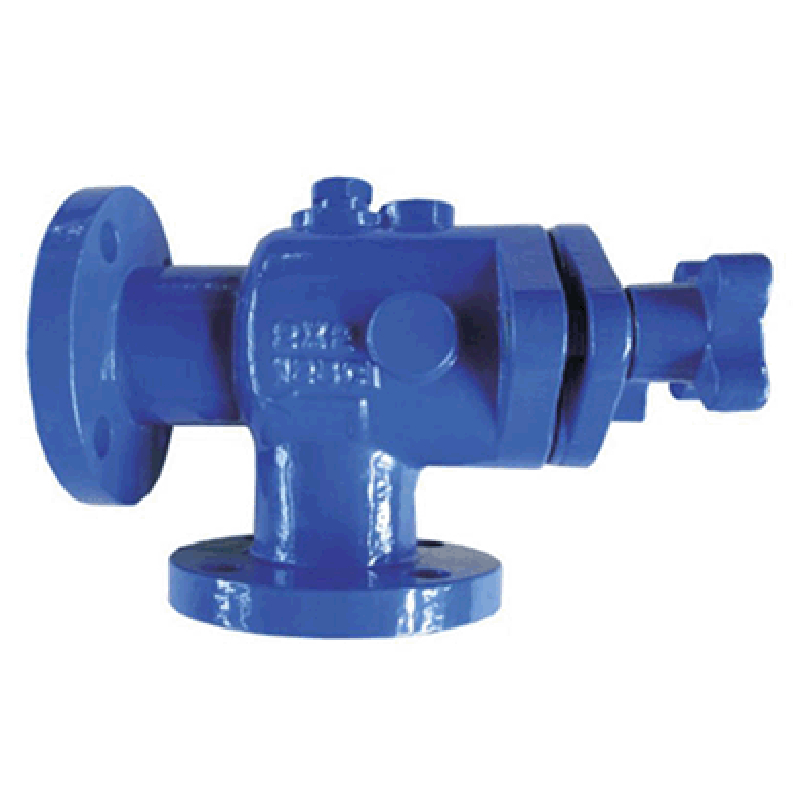Dec . 03, 2024 18:37 Back to list
ss ball valve flange type
Understanding SS Ball Valve Flange Type A Comprehensive Guide
In the world of fluid control systems, the SS (stainless steel) ball valve flange type has gained widespread recognition for its durability, reliability, and efficiency. These valves play a crucial role in various industrial applications, ranging from water treatment to oil and gas exploration. Understanding the features, advantages, and applications of SS ball valve flange types can help engineers and technicians make informed decisions in their projects.
What is a Ball Valve?
A ball valve is a type of quarter-turn valve that uses a spherical disc, known as a ball, to control the flow of fluids. The ball has a hole or port through its center, which allows fluid to pass when aligned with the pipe. When the valve is closed, the ball rotates 90 degrees to block the flow. Ball valves are favored for their simple design, quick operation, and minimal resistance to flow.
Why Choose Stainless Steel?
Stainless steel is a popular material for ball valves due to its excellent corrosion resistance, strength, and durability. It can withstand high pressures and temperatures, making it suitable for various environments, including chemical processing and high-temperature applications. SS ball valves are particularly advantageous for industries that deal with corrosive substances, as they can help prevent leakage and reduce maintenance costs.
Flange Connection What It Means
Flange types refer to the method by which valves are connected to pipes or other equipment. Flanged connections use flat pieces of metal (flanges) that are bolted together, providing a secure and leak-proof connection. This method is beneficial for high-pressure and high-temperature applications, as it allows for easy disassembly and maintenance. SS ball valve flange types come in various standards, such as ANSI, DIN, and JIS, accommodating different industrial requirements.
Key Features of SS Ball Valve Flange Type
1. High Flow Rate SS ball valves generally have a minimal pressure drop due to their streamlined design. This attribute allows for high flow rates, making them ideal for applications requiring efficient fluid transfer.
2. Versatile Size Range These valves come in various sizes, allowing for flexible installation in pipelines of different diameters. From small-scale operations to large industrial systems, SS ball valves can be tailored to meet specific needs.
ss ball valve flange type

3. Durability Stainless steel is known for its longevity. SS ball valves are resistant to wear and tear, ensuring long-term performance with minimal maintenance.
4. Temperature Resistance Depending on the grade of stainless steel used, these valves can tolerate a wide temperature range. This feature is essential in applications where fluids are heated or cooled significantly.
5. Easy Operation The simple design of a ball valve allows for quick and easy opening and closing, often with just a quarter turn. This characteristic is crucial in situations where rapid response times are necessary.
Applications of SS Ball Valve Flange Type
1. Oil and Gas Industry In upstream operations such as drilling and production, as well as downstream refining processes, SS ball valves are utilized for their robustness and ability to handle harsh conditions.
2. Chemical Processing The corrosion-resistant nature of stainless steel makes these valves a preferred choice for chemical plants, where aggressive substances are often involved.
3. Water Treatment SS ball valves are commonly used in water treatment facilities to control the flow of water and treatment chemicals, ensuring safety and efficiency throughout the process.
4. Pharmaceuticals In the pharmaceutical industry, where hygiene and contamination control are paramount, SS ball valves offer the necessary precision and reliability.
Conclusion
The SS ball valve flange type is an exemplary solution for various industries requiring effective fluid control. With its remarkable features such as high flow rates, durability, and easy operation, it stands out as a reliable choice. Understanding the specific requirements of your application will enable you to select the right valve, ensuring optimal performance and longevity in your fluid handling systems. As technology advances, the design and materials of SS ball valves continue to improve, promising even greater efficiency and reliability in the future.
Share
-
Reliable Wafer Type Butterfly Valves for Every IndustryNewsJul.25,2025
-
Reliable Flow Control Begins with the Right Ball Check ValveNewsJul.25,2025
-
Precision Flow Control Starts with Quality ValvesNewsJul.25,2025
-
Industrial Flow Control ReliabilityNewsJul.25,2025
-
Engineered for Efficiency Gate Valves That Power Industrial PerformanceNewsJul.25,2025
-
Empowering Infrastructure Through Quality ManufacturingNewsJul.25,2025


